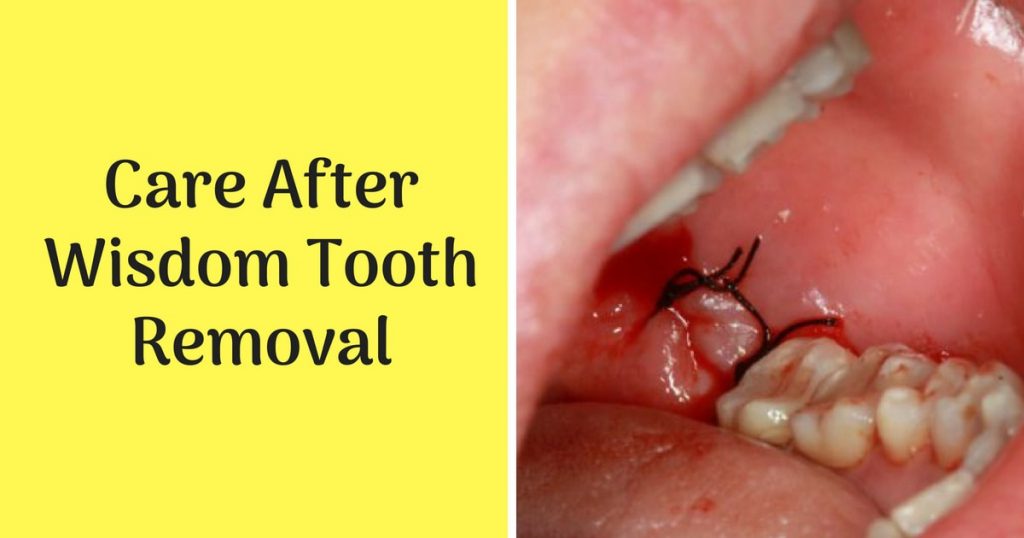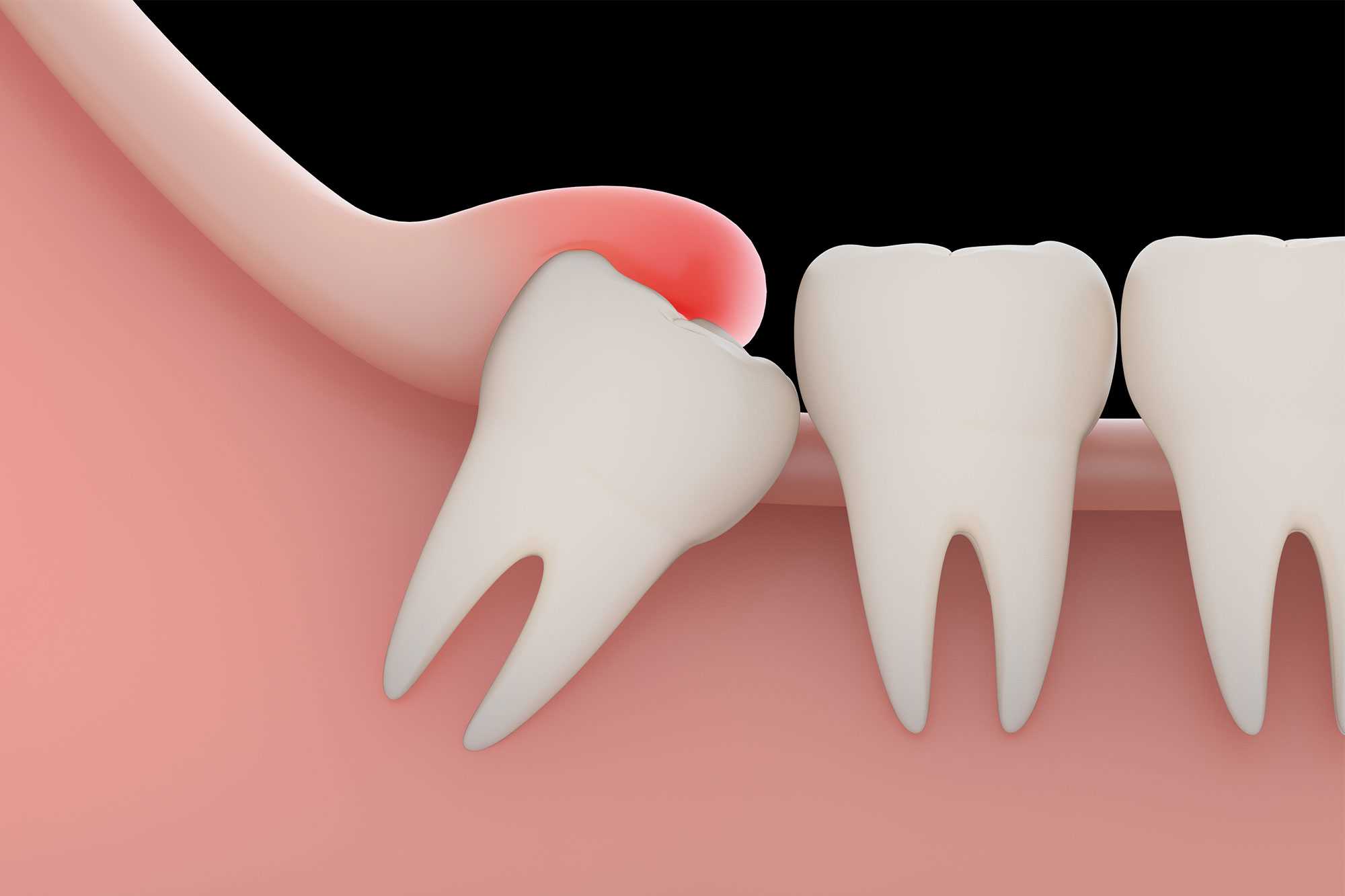Usual Misconceptions Concerning Wisdom Teeth Removal Aspendale Debunked
Usual Misconceptions Concerning Wisdom Teeth Removal Aspendale Debunked
Blog Article
Discovering Various Sedation Options for a Comfortable Wisdom Teeth Removal Experience
The use of sedation during such treatments has actually come to be progressively usual to reduce anxiousness and discomfort. With a range of sedation alternatives available, from neighborhood anesthesia to basic anesthesia, each technique offers varying degrees of leisure and pain control.
Regional Anesthetic
Neighborhood anesthesia is a commonly used method for numbing specific locations of the mouth during wisdom teeth extraction procedures. By administering a local anesthetic, such as lidocaine, a dental expert can make certain that the client continues to be comfortable and pain-free throughout the removal process.
Among the main advantages of regional anesthetic is its targeted numbing impact, which implies that only the specific location being dealt with is impacted. This local technique decreases the danger of systemic side effects and enables for a quicker healing post-procedure. In addition, local anesthesia is considered to be a routine and secure practice in dentistry, with marginal risks involved when provided by a trained professional.
Laughing Gas
Laughing gas, typically called chuckling gas, is a type of sedation frequently made use of in dentistry to help people relax during dental procedures. It is a reliable and safe approach that entails breathing in a combination of laughing gas and oxygen through a mask placed over the nose. Among the crucial benefits of laughing gas is its fast beginning of activity, typically within mins, supplying nearly instant relaxation for the individual. This sedation option enables the person to remain responsive and aware throughout the treatment while feeling comfortable and comfy.
As soon as the mask is removed, the results of the gas wear off swiftly, allowing individuals to resume their regular tasks without remaining sedative impacts. Nitrous oxide is suitable for people of all ages, making it a flexible sedation choice for knowledge teeth removals and other dental procedures.
Oral Sedation
Oral sedation, a pharmacological technique employed in dental care, involves the administration of sedative medicines by mouth to cause a loosened up state throughout oral treatments. This kind of sedation is frequently utilized for people going through wisdom teeth removal to ease anxiousness and discomfort. The medications recommended for oral sedation belong to a class of drugs called benzodiazepines, which have sedative, anxiolytic, and amnesic buildings. Usually, the client takes the prescribed medication prior to the procedure, allowing sufficient time for the sedative results to take hold.
Unlike intravenous sedation, dental sedation does not require needles or shots, making it an extra comfortable alternative for individuals with a concern of needles. Furthermore, oral sedation is thought about effective and safe when provided by trained dental specialists.
IV Sedation
Administered intravenously by trained doctor, IV sedation is a powerful technique used to cause a controlled state of deep leisure and unfamiliarity during dental treatments. Unlike oral sedation, which can be unpredictable in its impacts, IV sedation permits precise control over the degree of sedation, making it a perfect choice for complex procedures like knowledge teeth removals.
Throughout IV sedation, a sedative drug is delivered directly into the blood stream via a vein, enabling it to take result rapidly and successfully. This method makes certain that the individual remains not aware and comfortable of the treatment while still keeping vital functions such as breathing and heart price.
One of the key benefits of IV sedation is its capacity to offer a deeper level of sedation compared to other methods, making it specifically suitable for people with high degrees of stress and anxiety or those undertaking substantial dental work (wisdom teeth removal aspendale). In addition, the impacts of IV sedation generally subside progressively after the procedure, lowering the likelihood of grogginess or lingering negative effects. In general, IV sedation offers a reliable and safe option for guaranteeing a comfortable and trouble-free experience throughout knowledge teeth removal

General Anesthetic
Having gone over the benefits of IV sedation for knowledge teeth extraction, the utilization of basic anesthetic offers an alternate choice for clients requiring a much deeper level of unfamiliarity throughout dental procedures. General anesthetic induces a regulated state of unfamiliarity, making sure the patient really feels no discomfort or pain during the removal procedure. This approach is particularly advantageous for individuals with severe oral anxiety, complicated surgical needs, or those undergoing numerous extractions concurrently.
General anesthetic is carried out by a trained anesthesiologist that carefully keeps track of the individual's crucial signs throughout the procedure. It entails using intravenous drugs or breathed in gases to cause more information a state of unconsciousness. While under general anesthetic, the patient will certainly not understand the surgical treatment, experience any type of read here pain, or have any type of recollection of the treatment later.
Although basic anesthesia is safe when provided by certified professionals, it lugs a somewhat higher threat compared to various other sedation options - wisdom teeth removal aspendale. People thinking about basic anesthetic for knowledge teeth removal ought to talk about the prospective dangers and benefits with their dental professional or dental specialist to make an informed decision based on their private needs and case history

Verdict
In conclusion, various sedation choices are available to guarantee a comfy wisdom teeth removal experience. Neighborhood anesthetic is commonly utilized for numbing the details location, while nitrous oxide provides leisure and discomfort alleviation. Dental sedation and IV sedation offer deeper levels of leisure, depending on the client's needs. General anesthesia can be made use of for more complicated cases. It is very important to seek advice from your dental expert or oral surgeon to establish one of the most appropriate sedation choice for your treatment.
Nitrous oxide is ideal for individuals of all ages, making it a versatile sedation option for knowledge teeth removals and various other oral treatments.

Report this page